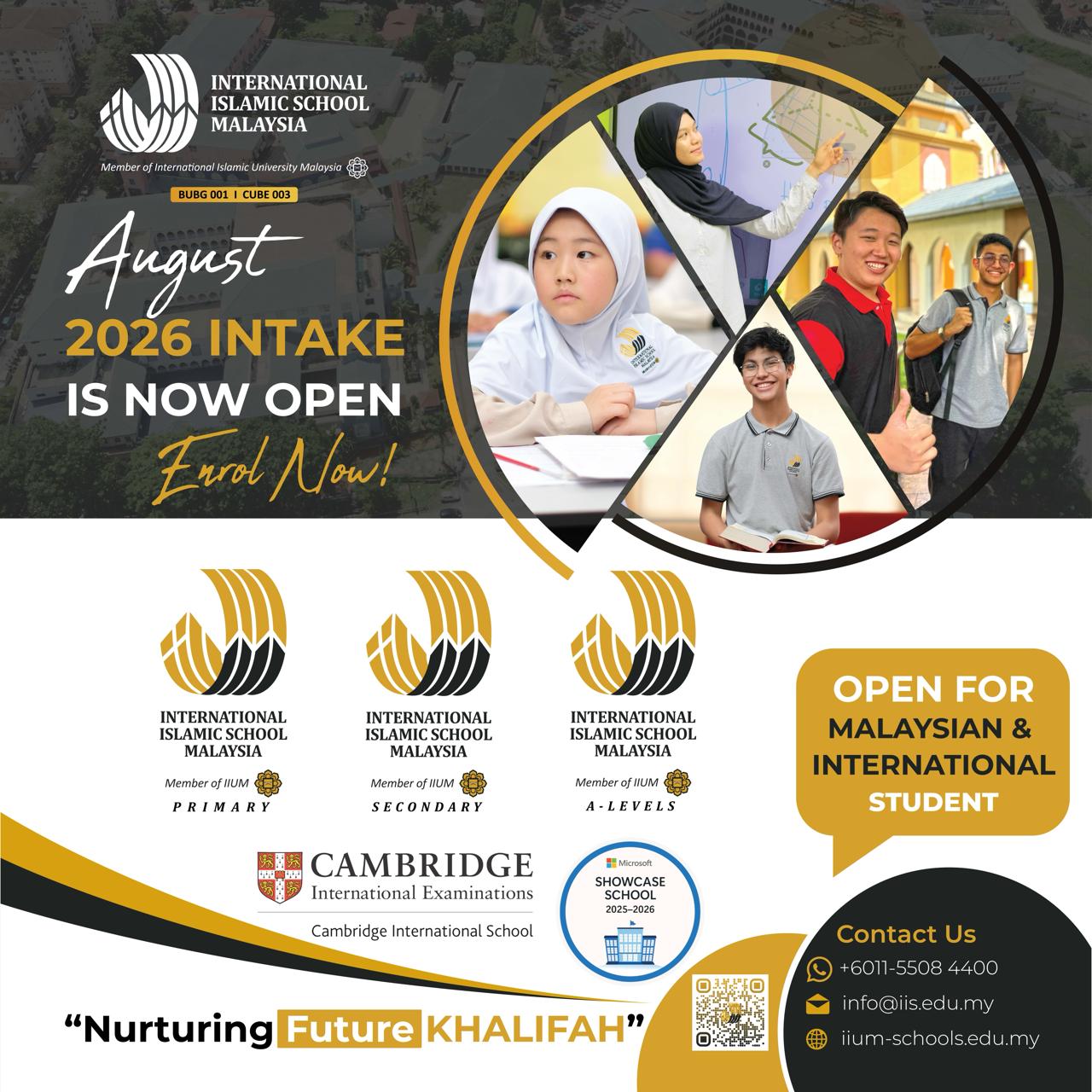Dr Shen-Li Lee provides advice on how to maximise a child's learning potential.

It used to be that if we wanted our children to do well at school, we would insist that they put their heads down and simply study harder. Now, thanks to science and the research on how the brain functions, we know so much more about learning.There is a lot we can do to maximise our children's learning potential. Here are eight simple ways to get started.
Spaced Learning
One way to improve learning is to teach new material in separate sessions interspersed with breaks. For instance, rather than spending one hour learning a new topic, students learn better if we break up the learning into three sessions of 15 to 20 minutes separated by breaks of 10 minutes. It is during the breaks that the brain unconsciously internalises the new material and gains a better understanding of the content. More significant to long-term memory formation is the amount of time between learning sessions-longer breaks result in longer-lasting memories.
Interleaving
Interleaving involves mixing up a student's learning by teaching subject material in randomised chunks. For instance, when practicing math drills, instead of working first on addition problems before moving to subtraction problems, mix them up. Offer students a series of problems that is a mix of addition, subtraction, multiplication and division. This mash of problems keeps students on their toes. Students working on a string of addition problem would eventually shift to autopilot once they have mastered the basic concepts. Mixed up problems require students to ponder what is required for each problem before they can begin working on it.
Sleep
Sleep is one of the most overlooked requirements for learning. When students do not get enough sleep, they lose the ability to form longterm memories and pay attention. Parts of the brain that are essential for planning and coordinating begin to shut down when they are tired. Sleep allows the brain to consolidate and store new information and skills learned during the day. Even losing as little as one hour of sleep a night can have a significant impact on students' academic performance in school.
Nutrition
Nutrition is another commonly overlooked requirement for learning. Students who eat well and start their day with a good breakfast have better concentration, alertness, comprehension, memory and learning. Those who skip breakfast are more likely to make mistakes, perform poorer in math, and have weaker short-term memory and verbal fluency. Specific foods enhance brain function. These include nuts, fish, green leafy vegetables, dark chocolate, apples, blueberries, black currants, blackberries, and wholegrains. Try to incorporate these into your child's daily diet.

Hydration
The brain consists of up to 85% water. It is essential that we keep it hydrated because even mild dehydration can affect memory, attention, and executive function.
Exercise
Students who exercise have greater volume in the parts of the brain that are involved with thinking and memory. Exercise can make students smarter because it activates genes that are involved in learning and memory; it stimulates the growth of new brain cells; and it supports and strengthens new connections in the brain.
Avoid Multi-tasking
Students love to multi-task. There is a misconceived notion that they achieve more in less time. The reality is quite the opposite - instead of doing more in less time, we take even longer to complete the same number of tasks. Not only are they wasting more time, multitasking comes with a heavy price:
- It increases their likelihood of making mistakes.
- It reduces their ability to concentrate in the longer term, even when they are focusing on a single task.
- It increases stress levels by releasing stress hormones which negatively impact health and the ability to learn.
- It impairs learning - students who multi-task have a poorer understanding of what they are learning and they are also less likely to remember it.
- It reduces creativity because it uses up extra brain resources when they try to juggle multiple tasks simultaneously.
- It can reduce IQ by as much as IO points.
Memory Tactics
Students who employ memory tactics are better able to memorise and recall information. These are just a few memory tactics that can help:
- Chunking - this method facilitates recall by organising bits of information together into groups to reduce the overall number of items that must be remembered. For instance, a long string of numbers can be made easier to remember by picking out recognisable patterns like a significant year or the last four digits of a friend's telephone number.
- Link Memory - this method involves making simple associations between items in a list, such as connecting the items into a story, to facilitate recall.
- Memory Place - this method employs visualisation to create a physical place (or house) in the mind where items we need to remember can be stored in different rooms. The recall process involves walking through the house to each room to remember the item that was placed there. There is so much we can do to help our children perform at their best. Even if we cannot implement all these methods, just working on a few of them can make all the difference.
About the writer

Dr Shen-Li Lee, author of "Brainchild: Secrets to Unlocking Your Child's Potential", is best known for her parenting website, figure.net. Formally trained in dentistry, Lee found her calling when she quickly discovered the challenge in seeking consolidated resources for raising a "wholesome child" in Malaysia. Garnering more than 20,000 views every month, figur8.net is a chronicle of Lee's experience in raising a child who is self-motivated to excellence by nurturing the heart, mind and body.















![[Maahad Tahfiz Negeri Pahang] Asia Youth International Model United Nations](https://mint-edm.sgp1.digitaloceanspaces.com/production/qKffTsfZisDxO4b6kcejusAA7mWWgL.jpg)





















